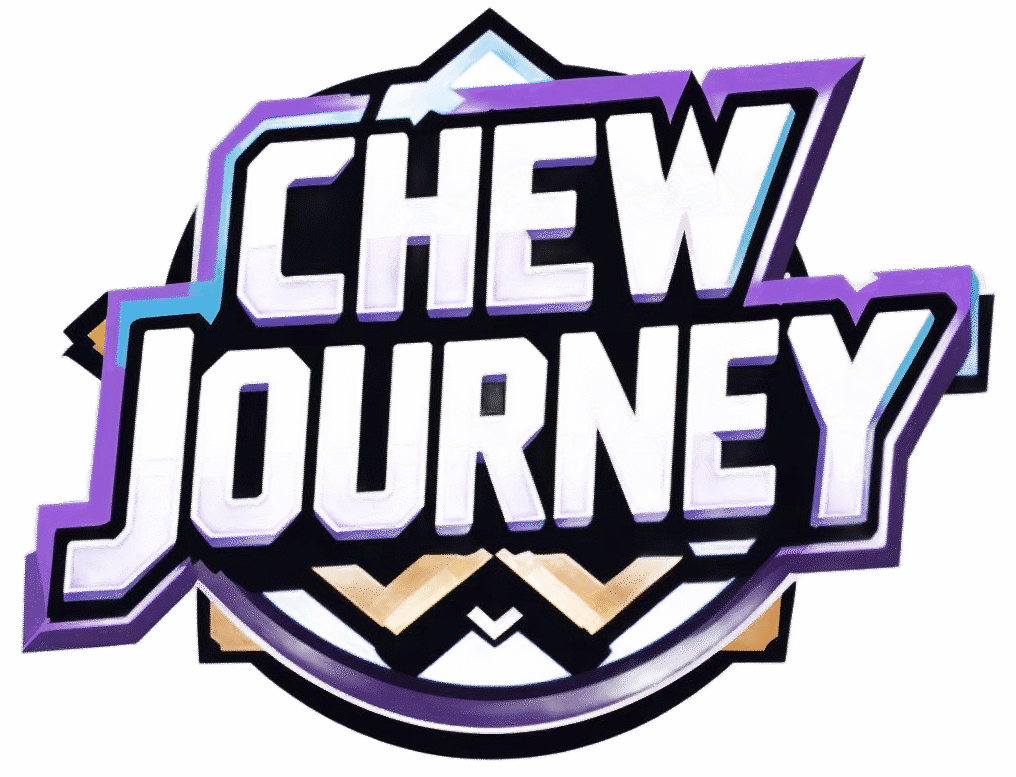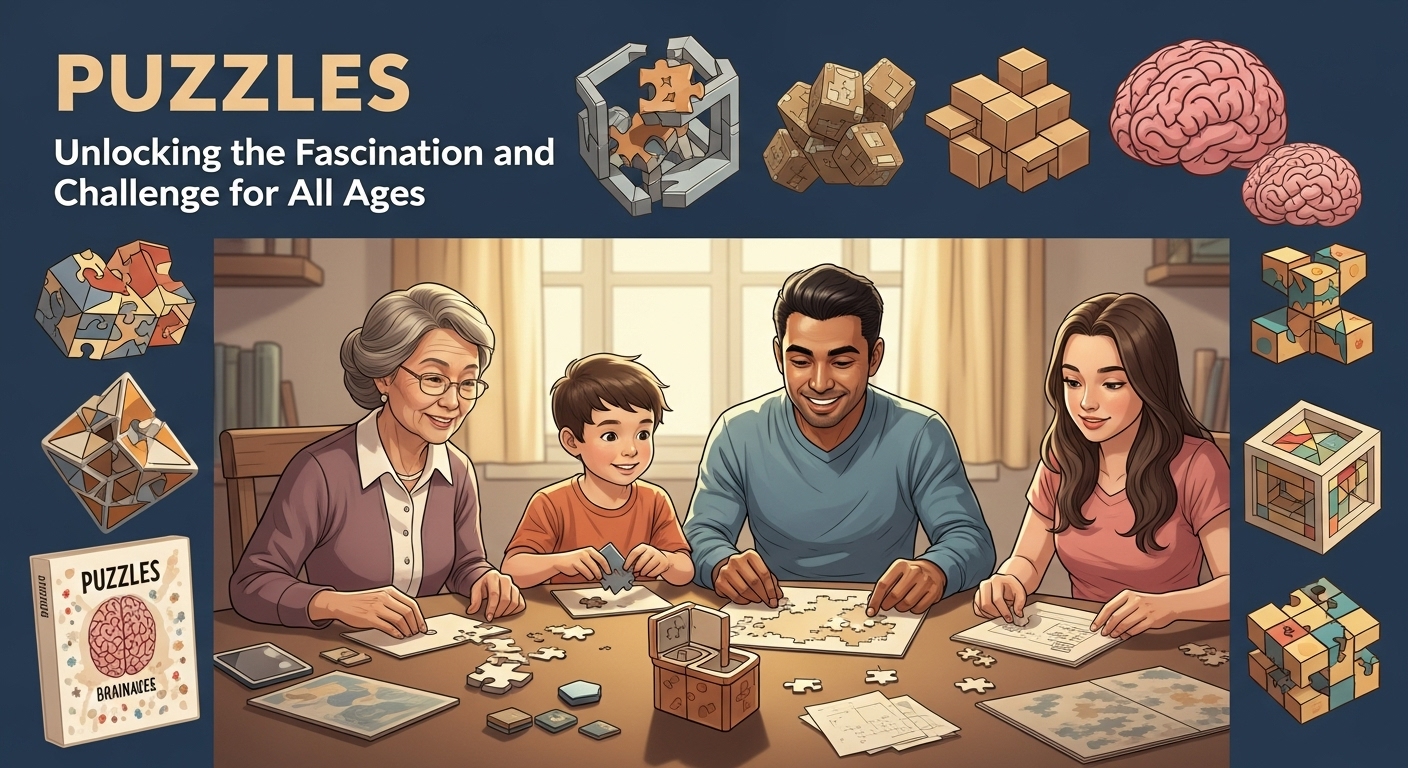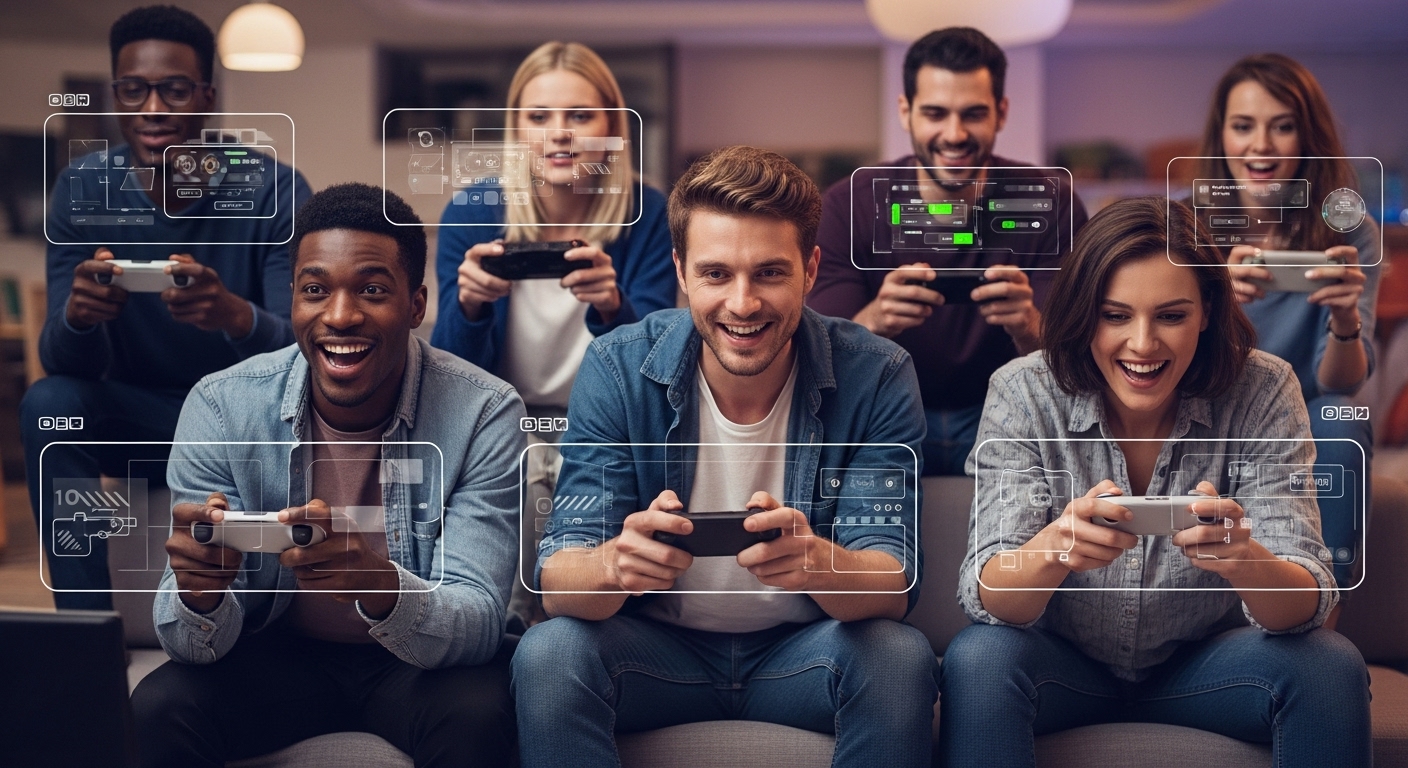When it comes to puzzles, there’s an endless fascination that hooks people of all ages. Whether it’s a simple jigsaw puzzle spread across the dining table or a complex cube that’s been twisted out of shape, puzzles have a unique ability to captivate us. Maybe it’s the challenge they offer or the satisfaction that comes from fitting that last piece into place. From childhood memories of piecing together colorful cartoon images to the grown-up pastime of solving crosswords over morning coffee, puzzles weave themselves into the fabric of our lives.
The Many Faces of Puzzles
Puzzles come in a delightful variety, each with its own twist and demand for concentration. They aren’t just about killing time; they are about engaging the mind, pushing cognitive limits, and sometimes, frustration. Let’s explore some of the main types.
Jigsaw Puzzles
Your classic jigsaw puzzle, a common sight during family gatherings or holidays. They range from simple 100-piece sets for kids to mind-boggling, 5000-piece landscapes for enthusiasts. The joy is in the journey, right? The colors, the shapes, the endless hunt for the elusive edge piece. Jigsaws are a tactile treat, offering a hands-on challenge that few can resist.
Logic Puzzles
Logic puzzles are the brain-teasers of the puzzle world. They’re the ones that make you furrow your brows and scratch your head. Sudoku, anyone? Thought up in Japan but embraced worldwide, Sudokus are like mental gymnastics. Then there’s the classic crossword puzzle, the staple of Sunday newspapers everywhere. You not only need to know the answers but also need to fit them into a neat grid.
Mechanical Puzzles
Ever tried a Rubik’s Cube? These are the puzzles that intertwine mechanics with the mental game. Mechanical puzzles like the cube turn solving into a physical and visual challenge. You twist, turn, and rotate until—aha!—everything clicks into place. Or doesn’t, and you’re left with a jumbled mess. It’s all part of the fun.
Word Puzzles
Then there are word puzzles, which play with language and letters. Anagrams, word searches, and crosswords fall into this category. They test your vocabulary, your wit, and sometimes, your patience. Trying to unravel a tricky cryptic crossword clue could have you questioning your grasp of English. But when the answer finally dawns on you? That’s pure joy.
Why Do We Love Puzzles?
Why do we gravitate towards puzzles? Is it the thrill of the challenge or the satisfaction of completion? Maybe a bit of both. Puzzles engage our brains in a way that’s both relaxing and stimulating. They take us away from screens, from the constant pings of messages, and immerse us in something tangible. In a world full of distractions, focusing on a single task can feel like a mini-vacation.
That’s not all. Puzzles have cognitive benefits too. They improve memory, enhance problem-solving skills, and even boost mood. Working on a puzzle with others encourages collaboration and communication. A shared goal fosters teamwork, whether you’re piecing together a sprawling jigsaw or tackling a tough riddle.
Puzzles in History and Culture
Puzzles have been around for centuries, found in cultures across the globe. From ancient times where riddles were used for storytelling to the modern-day obsession with the New York Times crossword, puzzles have been a source of entertainment and challenge. The puzzle that changed the world, the Enigma machine, was a cryptographic device used during World War II, highlighting the serious side of these seemingly playful games.
Puzzles as Cultural Icons
In many cultures, puzzles have become symbolic. Think of the Sphinx’s riddle in Greek mythology or the ancient labyrinths which were puzzles of a different sort. In Japan, the tradition of the Go board game ties into this love for strategic puzzles. Puzzles were not just pastimes but tools for intellectual and cultural engagement.
Puzzles in the Digital Age
With technology infiltrating every aspect of our lives, puzzles have taken on new forms. Online and mobile puzzles are all the rage. From Candy Crush to online escape rooms, puzzles have adapted to the digital domain. They offer instant gratification and the ability to compete with friends or strangers worldwide.
Benefits of Digital Puzzles
While traditional puzzles require physical pieces or pens, digital puzzles offer convenience and accessibility. They’re available at the touch of a button, providing a quick escape or a prolonged mental workout. The digital realm has expanded the scope of puzzles, making them more inclusive and varied.
The Enjoyment of Sports and Puzzles
Just as puzzles engage the brain, sports engage the body. But there’s a surprising overlap. Think of chess—often seen as a sport—it requires mental agility akin to that in solving puzzles. Both sports and puzzles require strategy, forethought, and sometimes a bit of luck.
In fact, if you’re curious about how sports and brain games intersect, you might want to explore this sports category that delves into the benefits of physical activities on mental health and cognitive function.
DIY Puzzle Making
Ever considered making your own puzzle? It’s not as daunting as it sounds. With a bit of creativity and patience, you can design custom puzzles. Maybe a personalized photo jigsaw or a handmade crossword for a loved one. It adds a personal touch to the challenge and makes for a great gift. Plus, the satisfaction of solving a puzzle you created? Unmatched.
Table of Popular Puzzles
| Puzzle Type | Difficulty Level | Popularity |
|---|---|---|
| Jigsaw Puzzle | Medium | High |
| Sudoku | Varies | Very High |
| Rubik’s Cube | High | Medium |
| Crossword | Varies | High |
There’s a puzzle out there for everyone. Whether you’re unraveling a logic mystery or piecing together a favorite scene, it’s about the journey as much as the destination. Puzzles are this unique blend of challenge and satisfaction, a pause from reality with a splash of achievement.
Frequently Asked Questions
- What’s the best puzzle for beginners?
Definitely try a small jigsaw puzzle or a beginner Sudoku. They’re easy to pick up and very satisfying to complete. - Are puzzles good for mental health?
Yes, they can be. They improve focus, problem-solving skills, and are quite relaxing. A nice way to de-stress. - How long should it take to solve a Rubik’s Cube?
Depends on skill level. Beginners might take a few hours, while seasoned solvers can do it in seconds! - Can puzzles be played online?
Absolutely. Tons of apps and websites offer digital puzzles, from crosswords to escape rooms. - What’s the hardest puzzle out there?
Many consider the 33x33x33 Rubik’s Cube or complex cryptics to be among the toughest.
Who knew something so simple as a puzzle could hold such a rich and varied history? Whether you’re a casual solver or a dedicated enthusiast, there’s a puzzle out there just waiting to be unlocked. Happy puzzling!



